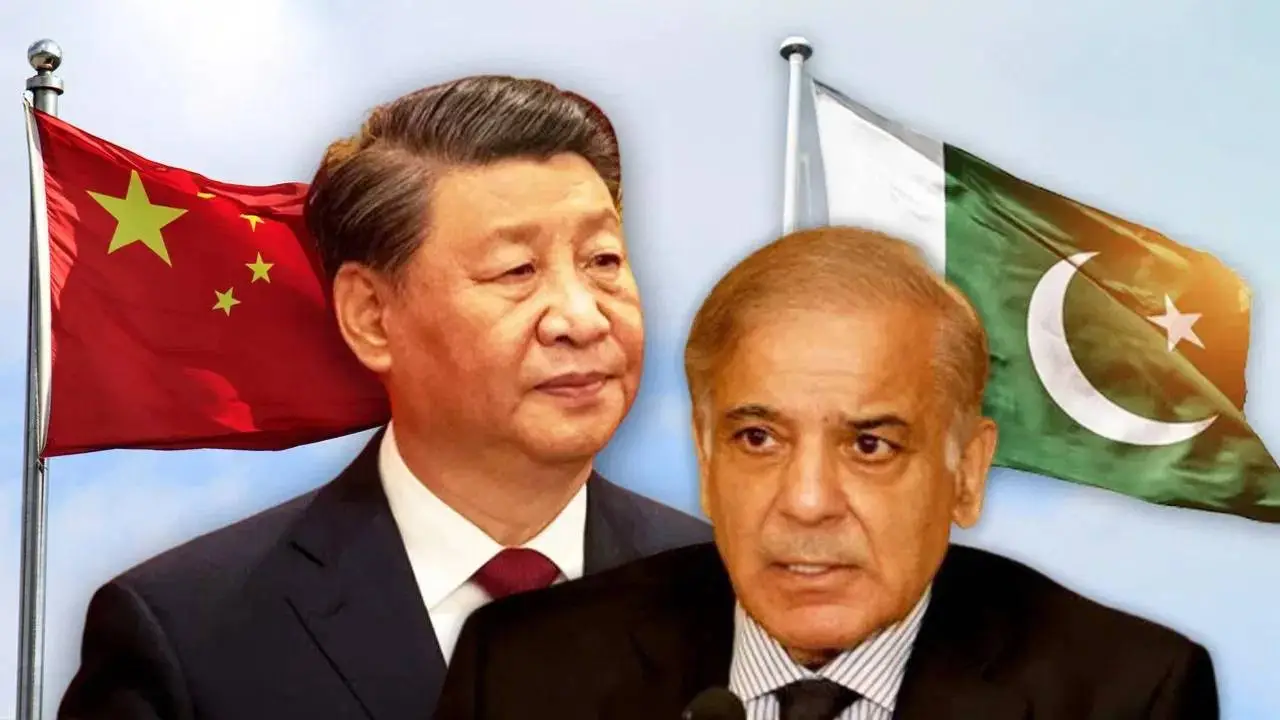
Pakistan
International News: In a direct and unambiguous message, China has refused to provide Pakistan with any form of hypersonic missile or the underlying technology that enables its development or deployment.The rejection comes amid Pakistan’s increasing pressure to match India’s rapidly advancing missile arsenal, which now includes multiple hypersonic-capable platforms. Beijing clarified that its hypersonic systems are not meant for export and no alternate export variant of the DF-17 or similar models is under development.
This firm stance has delivered a crushing blow to Islamabad’s hope of keeping pace with Indian missile advancements in the near future. For Pakistan, the denial is not just a technological disappointment but a strategic jolt in a shifting regional balance.
Pakistan had been lobbying China for months to secure advanced systems that could counterbalance India’s missile progress, particularly after the successful demonstration of India’s BrahMos and HSTDV programs. India's hypersonic glide vehicles and ballistic missile developments have widened the deterrence gap in South Asia, putting pressure on Islamabad to respond.
Recent Indian military operations, like Operation Sindoor, have displayed high-precision, high-velocity strikes that Pakistani defense analysts find hard to counter. Pakistan’s strategic circles viewed Chinese cooperation as their last viable option to counter India’s growing edge in offensive missile capabilities.With this door now closed, Pakistani military planners are left scrambling for alternatives that don’t yet exist.
Chinese authorities have made it clear that sharing hypersonic technology, even with close allies, carries enormous strategic risks they are unwilling to take.Beijing fears that such sensitive tech could be compromised, either through espionage or third-party reverse engineering.China considers its DF-17 missile and related systems crucial in its deterrence strategy against the U.S. and allied forces in the Pacific.Any leak, even accidental, could expose vulnerabilities or give adversaries an edge in developing interception capabilities.Thus, even Pakistan—Beijing’s closest regional partner—has been firmly denied access to hypersonic secrets.
Despite diplomatic rhetoric celebrating an "all-weather friendship," China’s refusal has laid bare the limits of the China-Pakistan strategic partnership.Islamabad has long believed that Beijing would assist in leveling the playing field with India through joint defense programs. While China continues to share other military hardware, hypersonic systems appear to be a red line it won’t cross.This sudden denial is a major reality check for Pakistani defense diplomacy, which had banked heavily on Chinese goodwill.The rejection redefines the partnership's boundaries at a time when Islamabad needs tangible support.
This rebuff comes right after the collapse of another key deal—China’s refusal to go forward with the J-35 stealth fighter export to Pakistan.The back-to-back denials suggest a significant recalibration in China’s defense export policy, even toward long-time allies.Observers believe this may reflect Beijing’s growing concern about being dragged into escalating South Asian rivalries.It may also hint at internal strategic shifts as China balances its global military posture.Whatever the reason, Pakistan finds itself facing multiple closed doors in its defense procurement quest.
Pakistan’s military leadership is now under increasing pressure to clarify its next steps in missile development and strategic deterrence.Internal debates are intensifying over whether indigenous development is realistic or whether Islamabad must look elsewhere for cooperation. However, few nations are willing to share hypersonic technology, given its implications for global balance of power.The frustration is mounting in defense circles, especially as India continues to test and deploy next-gen missile platforms.Islamabad is once again reminded of its over-dependence on Beijing and the fragility of such expectations





Copyright © 2026 Top Indian News
